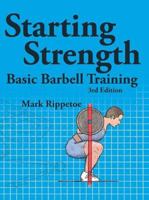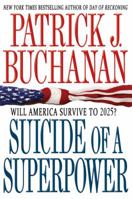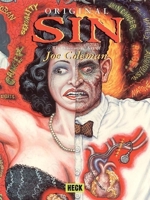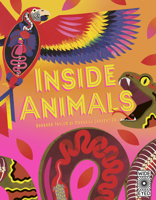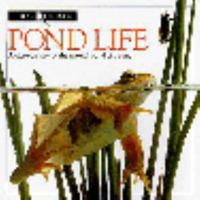Speed Trap: Inside the Biggest Scandal in Olympic History
You Might Also Enjoy
Customer Reviews
Rated 5 starsExcellent Read.
I was fortunate enough to buy the book when it first came out. I have read the book several dozen times and often use it as a reference. I have learned alot from this book and it describes the training methods Charlie learned and the transformation to his own training system. I also have "The Charlie Francis Training System" which is autographed by Charlie. It is a great book for preparing your own training and periodization...
0Report
Rated 5 starsThe Definitive Book on Sprinting
I purchased this book when it was first released in late 1990 and have read it cover to cover several dozen times over the years. Unfortunately, most of the attention and commentary regarding this book give a false impression of its content. Though the narrative does culminate in the drug scandal in Seoul, the topic of drug use by athletes (and by Charlie's sprinters in particular) is really of secondary importance and only...
0Report
Rated 5 starsTremendous Read
A well-written book. I highly recommend this to anyone involved in developing sprinters, as it sheds the light on the techniques of one of the sport's greatest coaches of all time. I applaud his courage to step forward on an issue that is commonplace these days. Both men's and women's elite sprinters are on performance-enhancing substances, and will remain as long as GH and such substances cannot be detected (forever). The...
0Report
Rated 5 starsDrugs and the Elite Athlete
This book was written after the Seoul Olympics and after Ben Johnson's 1st place finish. However, the logic and the motivation for using synthetic performance enhancements amongst world class athletes is clearly outlined and is applicable to all professional athletics, not just Olympic level track and field, where the financial stakes are huge for both participants and sponsors, and media attention is unrelenting. Recent revelations...
0Report
Rated 4 starsTalks the truth about track and field
Even though I know drug use runs rampant in track and field today, this book presents a side of the sport that dearly needed to be said. Most people have been too scared to publicly talk about it which I applaud him for. This book also brought to my attention the new style training methods on speed which I found extremely helpful. I would recommend this book to anyone who thinks Maurice Green or Donavan Bailey aren't...
0Report


















